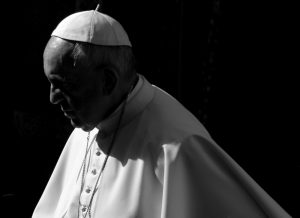Fears mount in Berlin as Trump’s unpredictability casts doubt on the safety of foreign reserves
Others are reading now
For decades, Germany’s gold reserves stored in the United States have been considered a pillar of postwar financial stability. But with over €100 billion in bullions still sitting in the vaults of the Federal Reserve Bank of New York, that confidence is starting to crack.
As reported by Digi24, conservative lawmakers in Berlin have renewed calls for greater scrutiny—and even repatriation—of the 1,236 metric tons of gold Germany holds in the U.S., as political instability and executive overreach under President Donald Trump stir fears about future access to the reserves.
Shadow of Trump fuels anxiety
Germany maintains the second-largest gold reserve in the world, with 37% of it still abroad in New York. That arrangement, once considered prudent for international liquidity and monetary security, is now seen as potentially risky in a shifting political climate.
“Of course, the question arises again now,” said CDU lawmaker Marco Wanderwitz, who first requested an inspection of the vaults back in 2012. Fellow CDU member Markus Ferber echoed that concern, urging Bundesbank officials to personally inspect and document the bullion.
Also read
Recent speculation about Trump’s willingness to override traditional legal boundaries—combined with remarks from his key adviser Elon Musk demanding audits of U.S. gold reserves—have only added fuel to the fire.
Bundesbank reassures, but memories linger
Bundesbank president Joachim Nagel attempted to calm concerns in February, telling reporters, “We have a trustworthy partner in the New York Fed… It doesn’t keep me up at night.” Yet the issue is far from new. A similar wave of concern in 2013, sparked by populist pressure, led Germany to repatriate gold held in Paris.
Currently, more than half of Germany’s gold is stored domestically in Frankfurt, with smaller portions kept in London and New York. But as fears over Trump-era unpredictability grow, so too does public and political pressure for the Bundesbank to consider bringing the rest home.








